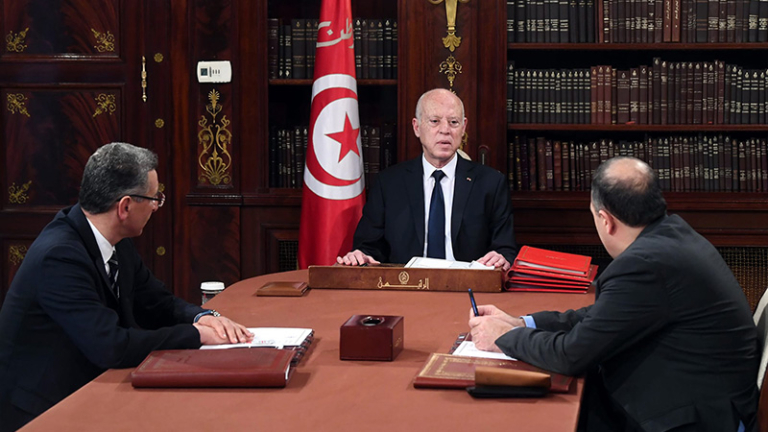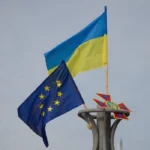Tunisia has a 1,300 km long maritime border and in some places it is only some 140 km from European shores. This situation makes it de facto a crucial partner of the European Union, which urges it to strengthen entry controls on its soil, since it is identified as a country of transit and departure of migrants at the same time locals and sub-Saharans. For several years, the waves of migrants favored neighboring Libya, taking advantage of the crisis that is shaking this country, but the trend was reversed during the year 2022 and the flow from Tunisia only increased grow from week to week to the point of worrying the government and pushing the head of state, Kaïs Saïed, to sound the alarm. At the end of April, Foreign Minister Nabil Ammar urged the EU to show “solidarity” with his country, assuring that the fight against illegal immigration has become a major issue for Tunis.
Receiving European Commissioner for Home Affairs Ylva Johansson, he explained that Tunisia, part of whose coastline is 150 km from the Italian island of Lampedusa, has been recording exponential attempts to leave migrants for several months, mostly from sub-Saharan African countries. Indeed, from January to March, the Tunisian Coast Guard rescued more than 1,400 sub-Saharan illegal migrants, which represents a fivefold increase compared to the same period during the previous year. With this spectacular intensification, which some attribute to President Saïed’s speech on the existence of a “demographic threat” when the phenomenon began long before, it is clear that Tunisia, already mired in a socio-economic crisis deep, has to face a tragedy with unforeseeable consequences.
For the month of April alone, there were about a hundred migrants whose bodies were recovered by the Tunisian navy near the national shore. This is why the Foreign Minister Nabil Ammar strongly insisted on “the importance of the support of the European Union in favor of Tunisia to carry out its socio-economic reforms within the framework of a partnership based on respect mutual support and solidarity to better manage common challenges, including the issue of migration”. In other words, it is a question of respecting the legal channels of mobility while waging a merciless fight against the trafficking of human beings and migrants. Already in March, Tunisia had asked the EU for more “understanding” on this chapter while countries like Italy and others were sounding the alarm on the Tunisian crisis and the risks for Europe.
The head of EU diplomacy, Josep Borrell, had also recognized on March 20 that these new migratory flows have become “very dangerous” and can “cause instability in the MENA region”.
This article is originally published on lexpressiondz.com







